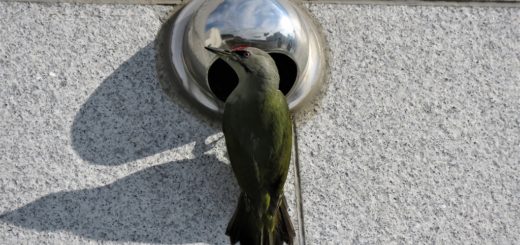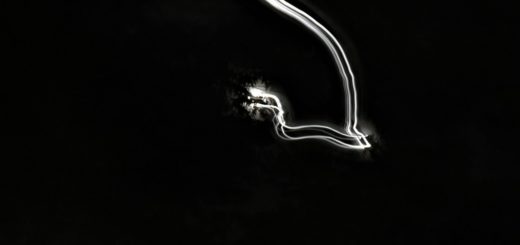Reflections on Detachment
Hypocrisy.– Beware all public voices who cite the profit motive as evidence that someone or some organization is acting dishonorably, disingenuously, or without sincere regard for the public good — and who make these claims on a for-profit basis. Treat with extreme skepticism the motives or reasoning of anyone who preaches, with a material vested interest, about the vested interests behind someone else’s motives or reasoning.
The Philosopher in The City.– If the majority of people lived as the philosopher lives, nothing would be produced, no one would be fed, and no unifying moral or civic institutions would be established or maintained. Anyone can see this, but only the philosophers understand why it is so, and more importantly why it must be so. This political “problem of the philosopher” is one of the givens in accordance with which all philosophic contemplation proceeds. To the non-philosophers, this given makes philosophy appear “useless or vicious,” as Socrates observes in The Republic, not to mention impious and corruptive, as Athens judged Socrates himself. To the philosophers, on the other hand, this given, namely the awareness that the philosophic life is not universalizable, is an essential warning against political hope, and an indispensable lesson in resignation.
Transport.– There are occasions, in modern city life, when by chance the rumble of traffic and the buzzing of artifice cease for a brief moment, and one sensitive to his inner workings feels his shoulders relaxing, and his mind stretching out beyond its normal confines for once, like a prisoner on the day he is finally freed from his manacles. One’s soul has slipped, for that brief moment, into the world before cars, industrial equipment, humming electricity, amplified sound, and the general clutter and clamor of anonymous mass humanity. Then the traffic resumes, and one’s general awareness of the constancy of artificial noise returns, along with the incidental awareness of how much natural sound, or silence, is perpetually lost amid that noise. The shoulders tighten slightly again, the mind recoils to the protective safety of its self-imposed limits, like a mouse scurrying back to its hole, and one is back in the normal condition of the individual in late modern society: a little wound up, excessively attentive to the ever-presence of nothing, and secretively working away, in one’s cramped, dimly lit space, on the private thought webs that are the spiritual haven and consolation of the manacled prisoner serving his life sentence.



